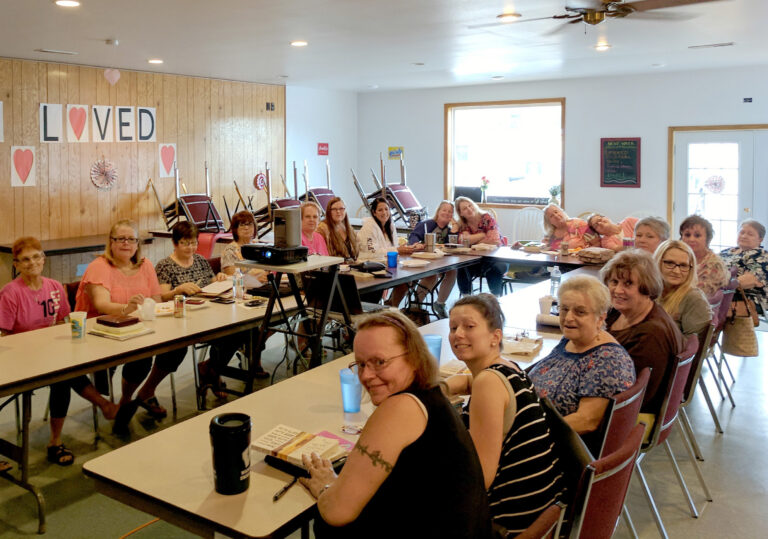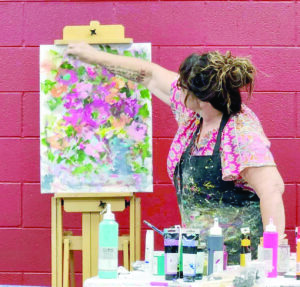
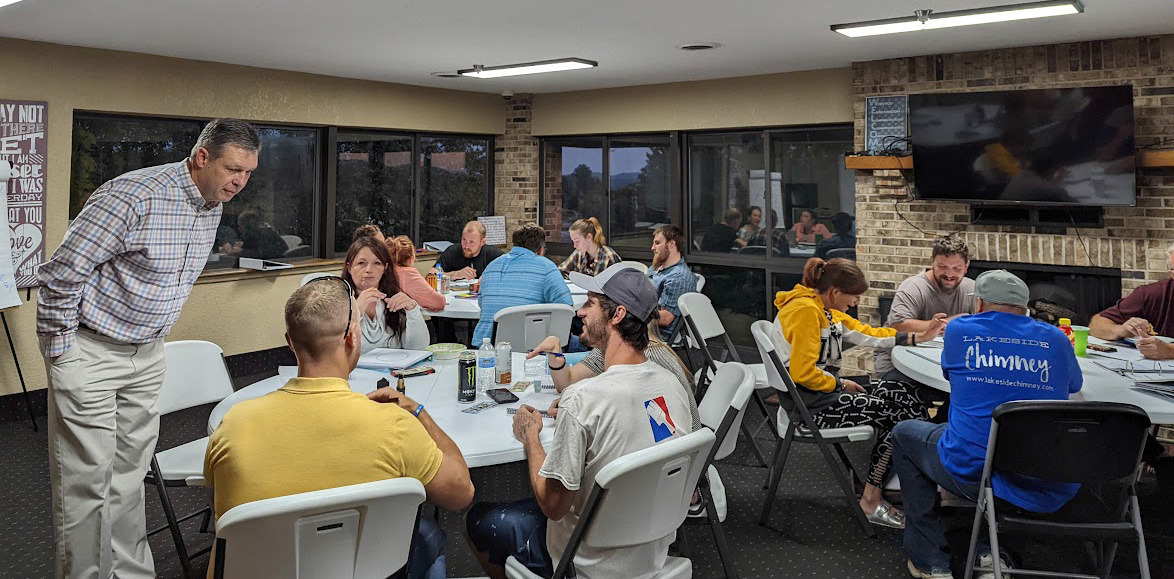
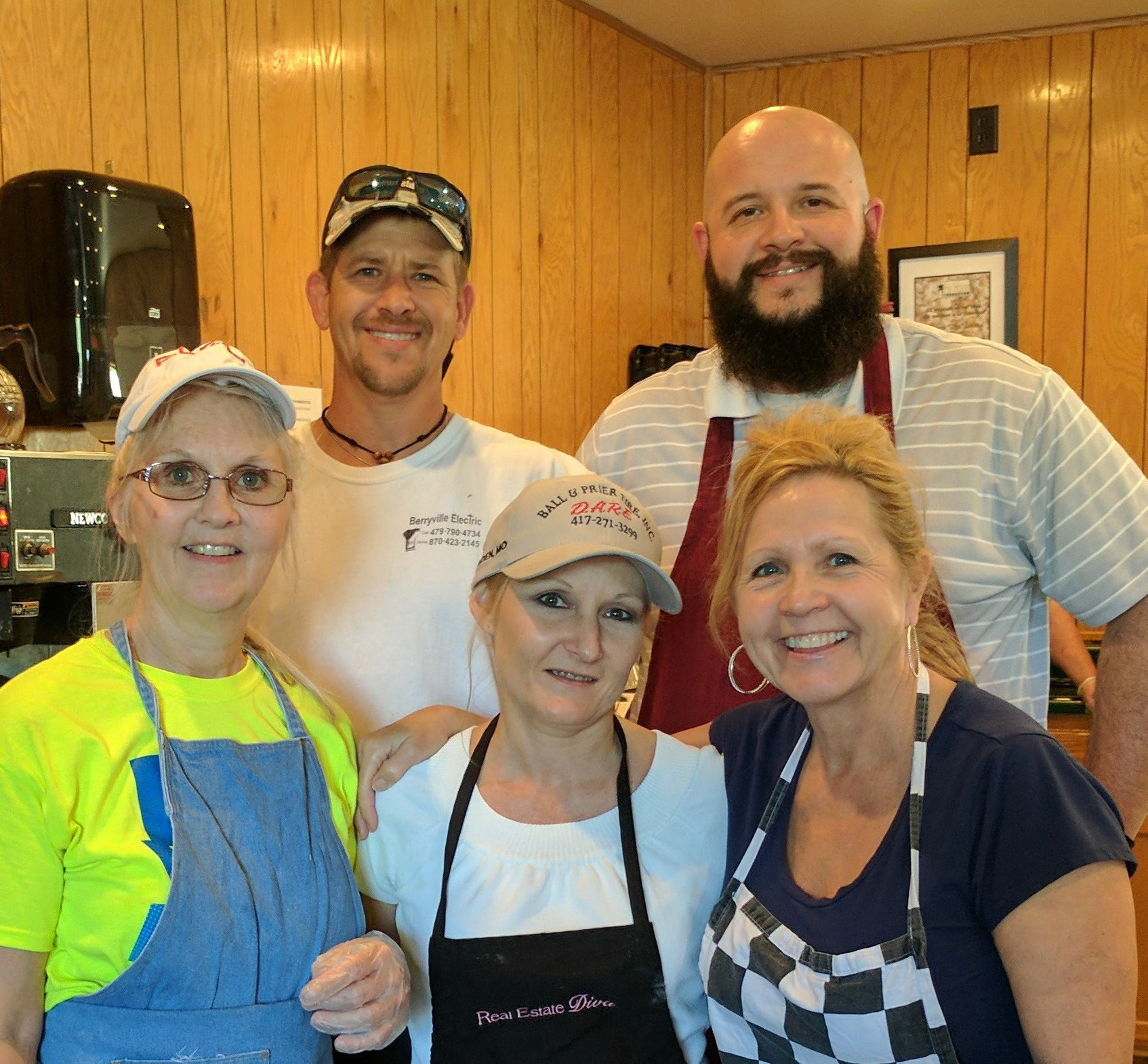
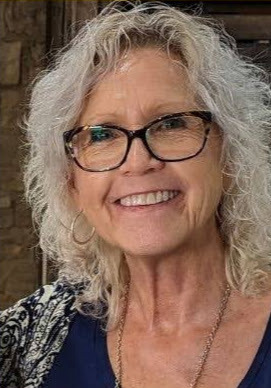
When Trina Colwell talks about His House Foundation — the non-profit, residential, life-transformation program she played a part in establishing in Shell Knob — her face lights up, her voice becomes passionate and her tongue takes on a will of its own.
When Colwell, the broker/owner of ReMAX Lakeside Realty, moved to the Shell Knob area in 2009, she brought with her donated funds earmarked for use in the start-up of a new non-profit organization in the lakeside community where she would be making her home.
Colwell said she was given a vision for a non-profit to serve the community, but that vision only became a reality because of the foundation’s board members who were willing to come alongside her and work toward seeing it come to pass.
Since then, His House Foundation, as her vision is known, has evolved with the passage of time.
“The foundation was simply a worship gathering for a while,” Colwell said. “We were a standalone, faith-based ministry, working alongside churches, but not a church.”
Colwell describes the concept as “para-church.” The group included local business owners, members of various churches, and anyone else who had an interest in serving the community, Colwell said.
When Tom Rees, the pastor of First Christian Church and member of the local Alliance of Churches, asked Colwell and other members of the foundation if they’d be willing to take over a community youth group consisting of children from different churches, they accepted.
“Soon, regular meetings of the youth group created the need for a building,” Colwell said.
With the help of locals Tim and Cheryl Ludwig, Colwell said they were able to lease and later purchase the building in Shell Knob where Geraldi’s currently does business. From that point, Colwell said, the youth group evolved into a weekly meal for the community at large.
Colwell sees the hand of God at play in every stage of His House’s evolution.
“If we’re faithful in small things, he opens the door for larger things,” she said.
During the five years when His House served community meals, Colwell saw a growing need among residents in the area who were struggling.
“They needed a place to learn how to change their lives, one that included a place to live while they learned,” Colwell said.
When the former Star Lodge building on YY Highway was vacated by its last tenant, the True Care independent living facility, the building caught Colwell’s eye.
“I knew the foundation couldn’t afford a building that large (around 35,000 square feet), but I drove past it every day, and I couldn’t stop thinking about it,” Colwell said.
Colwell felt led to gather information about the building, whether the foundation could afford it or not.
“I had a pretty goodsized folder of information put together, when, out of the blue, I got a phone call from someone who worked for the owner of the building,” Colwell said. “She told me the owner wanted more information about the area and to discuss options for use of the building. She asked me if I could meet her at the building for a tour.”
Colwell wasted no time in getting there.
“She asked me about the community,” Colwell said, “and I told her the truth, that there was a lot of poverty and addiction.”
Colwell later met the owner, who set aside ideas of opening bed & breakfast rentals in favor of listing the property with Colwell’s real estate brokerage.
“We had it listed for about three years for over $1 million,” Colwell said.
Colwell said, during that time, she and her son Jake Lewallen (who works alongside her at ReMAX as a broker) wrote up six or eight offers on the building.
“We had several solid contracts,” she said, “but they each fell apart for one reason or another. One day the owner asked me, ‘Trina, why don’t you buy this building for that thing you do?’” Within the same timeframe, Colwell said she received a call from a retired realtor friend, who, without knowing the backstory, told Colwell she was supposed to buy that building.
“I told her there’s no way. His House doesn’t have that kind of money,” Colwell said.
However, after “laying a fleece before the Lord” and receiving an undeniable indication to move forward, regardless of whether she thought the foundation could afford the building or not, Colwell said she called the owner of the building and began negotiating for its purchase. The price, Colwell said, turned out to be flexible, and the owner was willing to carry part of the purchase price for the first few years.
Since October 2019, when the His House Foundation closed on the property, Colwell and board members have faced a learning curve where its operation is concerned.
“Our vision has been to house families and provide training in life skills,” she said, “to work with families who want to change their lives by providing financial education, parenting classes, whatever people need.
“The first year was a train wreck,” Colwell said. “We ended up with a lot of addiction problems, and were unprepared for how to deal with them. The community probably thought we were a joke.”
Since then, Colwell said, the board has made some changes in policies and procedures.
“We’ve evolved into a residential educational facility for single mothers with children or single fathers with children, and sometimes two parents with children,” she said.
The presence of children, Colwell said, is the key to residency.
“Our goal is to transform lives, reunite families and put them on the path to future stability,” Colwell said.
His House is not an addiction treatment facility, Colwell emphasizes.
“Residents must be sober for over 30 days before their applications will be considered,” Colwell said.
“We call His House a residential, life-transformation program,” she said. “It’s not a free ride. Residents must have jobs and do their part with property maintenance, including cleaning and mowing.”
Residents also attend in-person classes through the FUEL (Families United, Educated, Loved) program, where subjects like financial responsibility and parenting are taught.
Each year, His House holds a formal graduation ceremony at a local church, before families set out on their own with a brand new start on life.
Colwell said His House gives families a year – sometimes two – of residency.
“We currently have 11 families in residency,” she said. “It’s the first year for six of them.
Colwell said the foundation has a waiting list for future residency.
His House is funded by donations and grants, and is operated by volunteers.
“We don’t have any paid employees,” Colwell said.
Fellow ReMAX realtor, Shelly High, is one of those volunteers.
“Shelly is a Residential Life Transformation case manager,” Colwell said, “and she oversees the entire kitchen operation.”
The operating expenses for His House can be prohibitive. Monthly utilities alone average over $2,000, Colwell said.
“Every time we have a major expense, though,” Colwell said, “it seems like we find a check in the mail to cover it.”
His House Foundation, said Colwell, has become a kind of hub in the Shell Knob community where the nearest services are some 30 minutes away.
“The Clark Center has an office here that’s open to the public for limited services,” Colwell said, “and Al-Anon holds meetings here.”
Program participants attend Celebrate Recovery meetings at Viola Victory Church, just a few miles away.
Above all, His House gives people a place for their hearts to heal, so they can forgive themselves and forgive others, Colwell said.
“We tell residents they are overcomers, that we’re not looking at them the way the world looks at them, or even the way they look at themselves,” Colwell said. “All things are new in Christ Jesus. We keep reminding them of that.”
Colwell said one of her favorite aspects of His House is that it gives her the honor and privilege to participate in the lives of people.
“I am so grateful to all of the volunteers who have come alongside of [the Board and me] to love these families and help make this vision happen,” Colwell said. “We couldn’t do it without them.
“When I look at the little faces of the children when they enter the program, then look at them again three months later, when they’re feeling safe and secure because their families have become stable, I know God is working,” she said. “It’s all about Him.”





